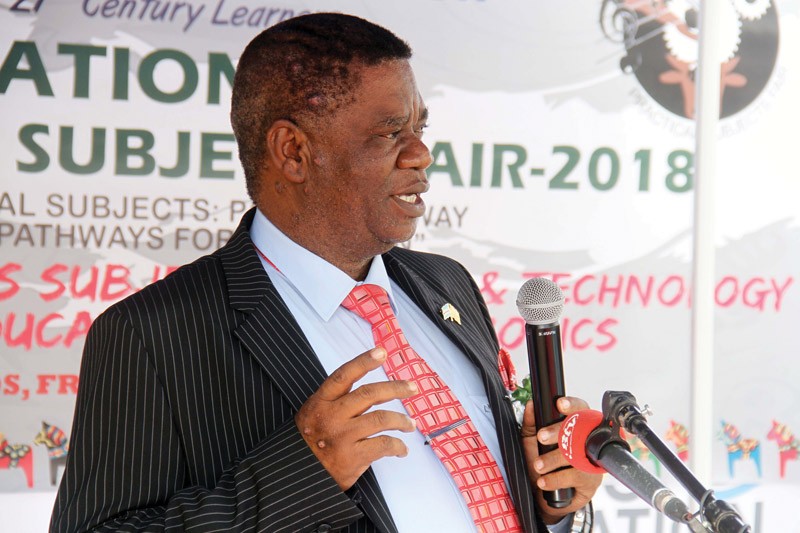P10m In School Fees Spent On Ex-Mine workers
Goitsemodimo Kaelo | Monday April 8, 2019 13:01


Following the mine closure, the government undertook to pay school fees for the children of the former BCL Mine employees in private schools.
This was to last until the end of 2017, before the children could be moved to public schools as part of a number of initiatives government undertook to assist former mineworkers.
BCL Mine was placed under provisional liquidation after closure, leaving about 5,000 employees jobless. The assistant minister of Basic Education, Thato Kwerepe told Parliament last week that his ministry has spent a total of P10, 835,358 to date. He said this includes school fees for children studying at Morula, Kopano, Mount Pleasant and those enrolled outside Selebi-Phikwe.
Kwerepe indicated that the plan was to provide an education subsidy to parents of primary and secondary school children who were enrolled in private institutions for a period of 15 months up to the end of 2017, but was then extended to December 2018 to allow children to move into public schools.
Kwerepe was responding to a question asked by Member of Parliament for Selebi-Phikwe West, Dithapelo Keorapetse who had sought an update on the payment of school fees for children of former BCL employees in private schools.
Keorapetse had also asked the assistant minister to fully explain the plan including what other incentives were accorded to parents and pupils besides tuition fees and how parents of pupils attending public schools were assisted by the ministry.
“Other than the Ministry of Basic Education committing to paying school fees for children of former BCL employees in private schools, the ministry did not commit to any other incentives or any plans to accord such to parents and pupils,” he said.
“The assumption is that other benefits will fall into place as per existing government policies, as and when applicable.”
Meanwhile, Kwerepe stated they were also assisting all parents of pupils attending public schools through the provision of free primary education. He explained that students are enrolled at public schools whose parents’ socio-economic status has gone very low, the parents may qualify for existing government assistance policies as it is the current practice subject to assessment.
